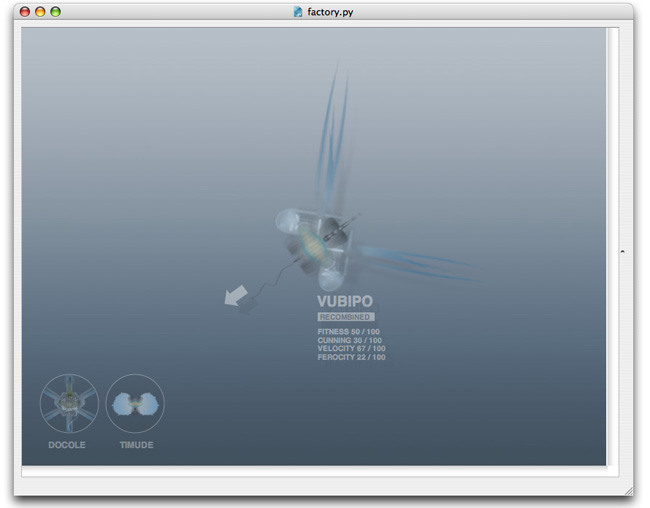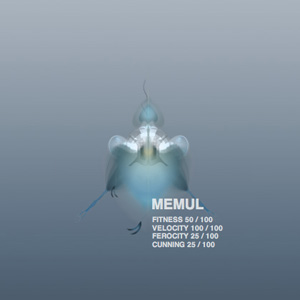By Fergus Walsh
Medical correspondent, BBC News

They may look like any three-day-old embryos, but in fact these are hybrids
Scientists at Newcastle University have created part-human, part-animal hybrid embryos for the first time in the UK, the BBC can reveal.The embryos survived for up to three days and are part of medical research into a range of illnesses.
It comes a month before MPs are to debate the future of such research.
The Catholic Church describes it as "monstrous". But medical bodies and patient groups say such research is vital for our understanding of disease.
They argue that the work could pave the way for new treatments for conditions such as Parkinson's and Alzheimer's.
Egg shortagesUnder the microscope the round bundles of cells look like any other three-day-old embryos.
In fact they are hybrids - part-human, part-animal.
They were created by injecting DNA derived from human skin cells into eggs taken from cows ovaries which have had virtually all their genetic material removed.
So what possible justification can scientists offer for doing what the Catholic Church has branded "experiments of Frankenstein proportion"?
The Newcastle team say they are using cow ovaries because human eggs from donors are a precious resource and in short supply.
The hybrid embryos are purely for research and would never be allowed to develop beyond 14 days when they are still smaller than a pinhead.
Scientists want to extract stem cells, the body's master cells, from the embryos, in order to increase understanding of a whole range of diseases from diabetes to stroke and ultimately to produce treatments.
Professor John Burn from Newcastle University says the research is entirely ethical.
"This is licensed work which has been carefully evaluated. This is a process in a dish, and we are dealing with a clump of cells which would never go on to develop. It's a laboratory process and these embryos would never be implanted into anyone.
"We now have preliminary data which looks promising but this is very much work in progress and the next step is to get the embryos to survive to around six days when we can hopefully derive stem cells from them."
Free vote allowedThe research in Newcastle was approved by the UK's fertility regulator, the Human Fertilisation and Embryology Authority.
It acted ahead of the passing of new legislation which will specifically allow the creation of hybrid embryos so as not to hold back research.
The bill setting out the new legislation is not due to be debated in the House of Commons until next month. It is highly controversial and last week Prime Minister Gordon Brown gave in to demands for a free vote on the issue.
Critics from the Roman Catholic Church say the creation of hybrids is immoral.
"It is difficult to imagine a single piece of legislation which more comprehensively attacks the sanctity and dignity of human life than this particular bill," Cardinal Keith O'Brien, archbishop of St Andrews and Edinburgh declared last week.
Dr David King, of Human Genetics Alert, said: "For anyone who understands basic biology, it is no surprise that these embryos died at such an early stage.
"Cloning is inefficient precisely because it is so unnatural, and by mixing species it becomes even more unnatural and unlikely to succeed.
"The public has been grossly misled by the hype that this is vital medical research.
"Even if stem cells were ever to be produced, like cloned animals, they would have so many errors of their metabolism that they would produce completely misleading data."
Not for the first time developments in science have outpaced the debate from legislators.
For supporters of embryo research the creation of hybrid embryos is a small but significant move forward.
For opponents it is a step too far.












